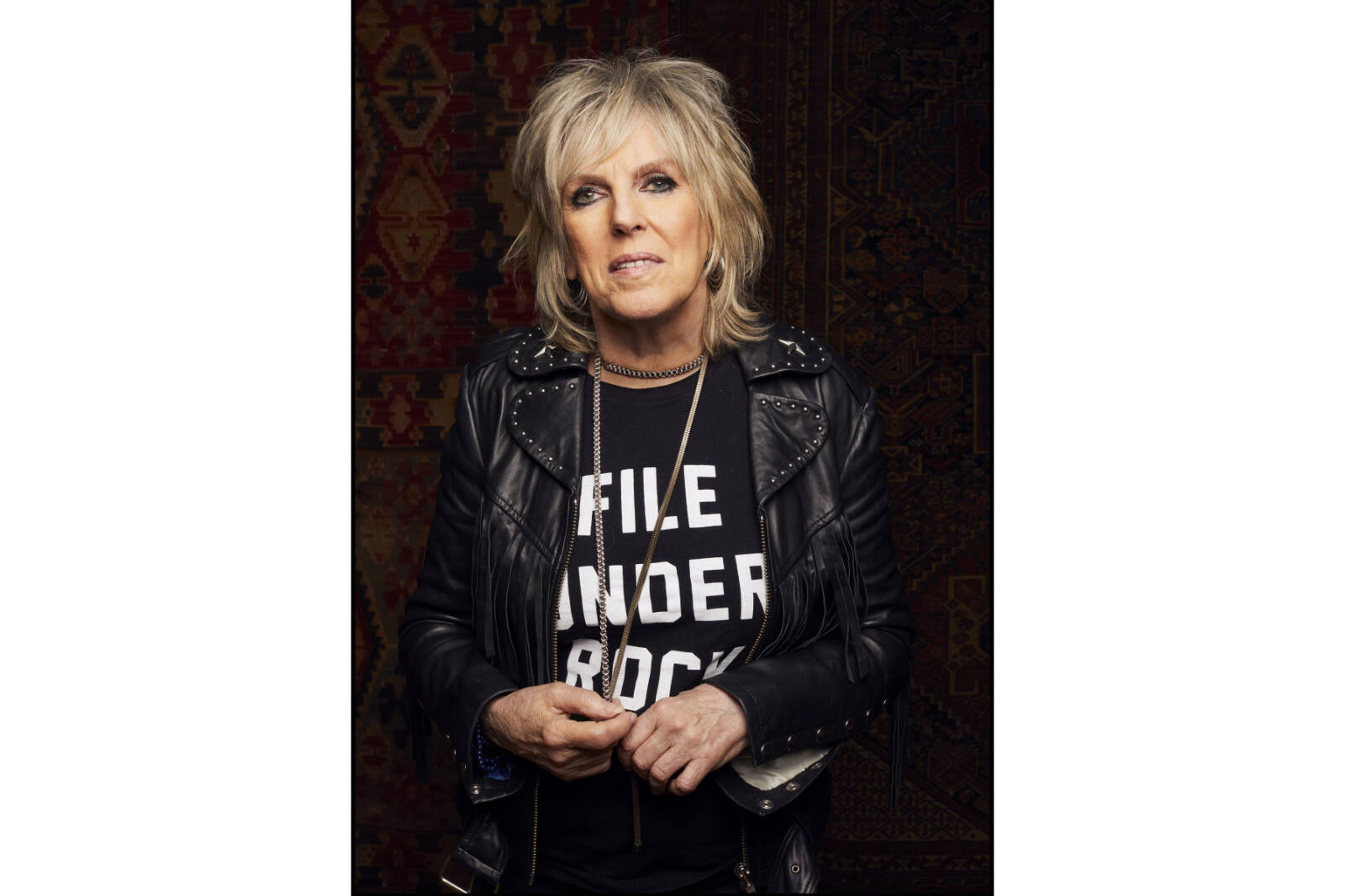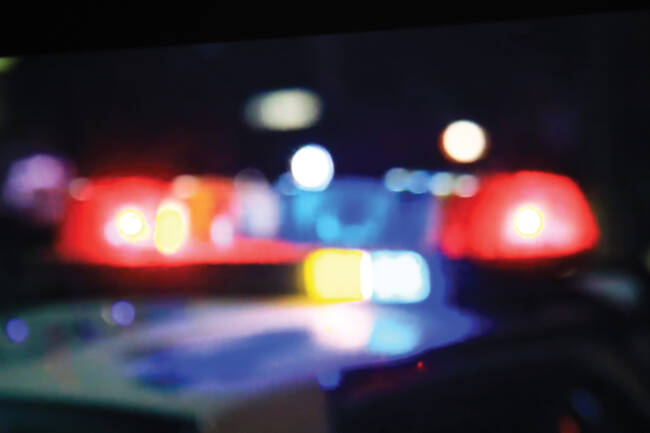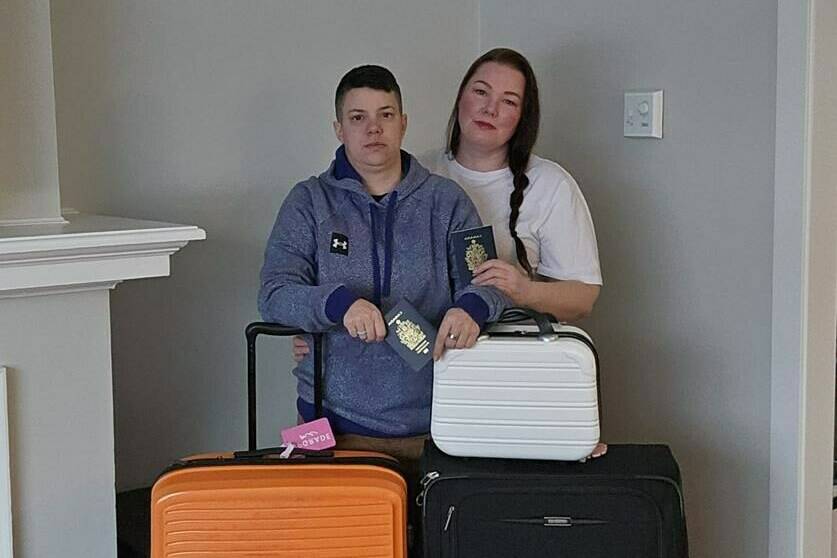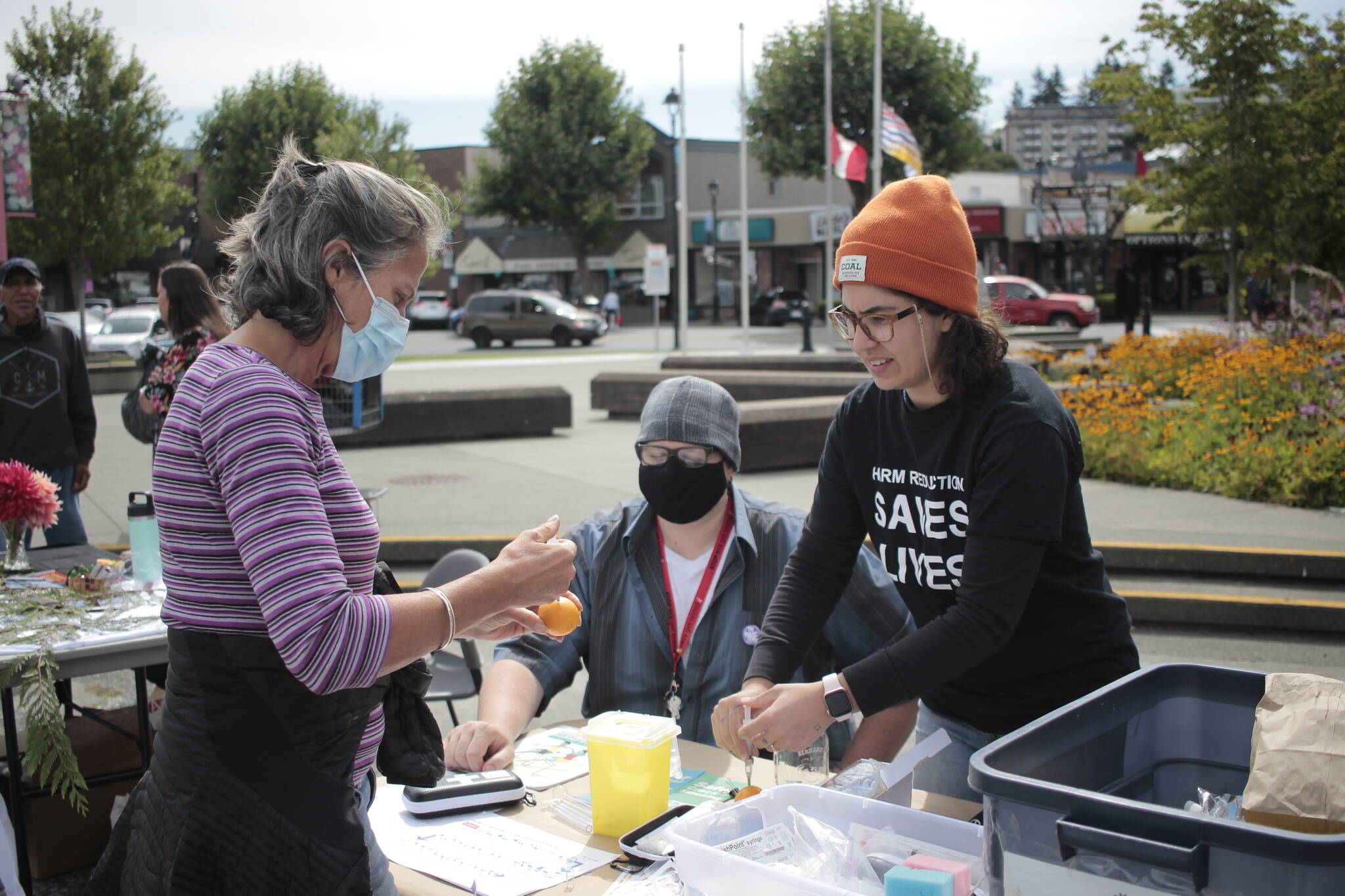A local family recently played a huge role in extinguishing a fire at Second Bridge, but left frustrated and bewildered by the lack of people around them.
“I was really disheartened,” Tla-o-qui-aht First Nation member Timmy Masso told the Westerly News. “It was really sad to see the lack of support.”
Masso was heading to work with his parents at Canoe Creek on June 5 when they saw posts on Facebook suggesting Second Bridge at Kennedy Lake was on fire.
He said he always carries water cans with him in case he comes across any campfires, so they headed out to see if they could help.
“None of us really knew what was going on,” he said. “We realized that we had to go out there and make sure everything was OK. We didn’t know who was out there or if there were people fighting it or not.”
The bridge and the road leading up to it have long been deactivated, so they hiked into the area and found several members of Tla-o-qui-aht Fisheries working to prevent the fire from spreading onto shore on the other side of the bridge.
Masso called his brother Hjalmer Wenstob who arrived with his wife Annika and their two children to help out, though Wenstob told the Westerly he was not expecting to arrive at such an intense situation.
“When I got the call from them, I went out to join them just to bring some more buckets and fire extinguishers and whatever we had around the house to go see what was going on, assuming the fire wasn’t as big as it was,” he said. “When we got there, the entire bridge from one side to the other was burning and it was burning very hot and very fast.”
Wenstob said about five Tla-o-qui-aht Fisheries members kept battling the blaze on the other side of the bridge, which is connected to land, while he and his family did their best on their side, which ends about 20 feet offshore.
“It was pretty obvious pretty quick that we didn’t have enough resources,” he said. “None of us are firefighters. None of us are trained as firefighters. We just saw a post on Facebook and decided to go out and offer help…Where was more resources from the local area? Where was more resources from everyone?”
Masso then headed into Ucluelet for more supplies, picking up his boat as well as a water pump donated by the Ukee Rent It Centre, which he was very grateful to receive.
“We were able to get the fire out, but it was more a spur of the moment thing. We just saw it on Facebook and didn’t know who was out there or what was going on, so we ran out because we assumed that whoever was out there probably needed some help,” Masso said.
His mom Jessie Masso said the West Coast is “super lucky we don’t have a fire right now” adding that she was surprised to see chatter on social media about the situation, but little action being taken.
“When we grew up, when something happened we all went to help and time’s have changed now,” she said. “When there’s a fire, it used to be that everybody would grab their hose and a bucket and put the fire out, but now it’s not like that. Everyone thinks there’s some official that’s doing it. I think we’ve come to a place where we just turn an eye and think there’s somebody professional out there who’s doing all the work and that’s not always the case. We went there to help. We didn’t know we’d be the ones doing it. We went there to help put it out.”
Wenstob agreed.
“It’s pretty upsetting. I’m really proud of Tla-o-qui-aht. I’m really proud of our folks in fisheries. I’m really proud of my family, but I’m pretty disheartened in the lack of response from anyone else. That’s what’s really scary,” he said. “We left very proud that we were able to do it, but we also left very frustrated. Where was everyone else?”
He added that he passed five campfires on the way in to help extinguish the bridge and encountered more fires when he returned the next day, including a large bonfire on the beach next to the bridge.
“Of course we protect the territory, which we will always do, but we really felt a frustration of the fact that everyone else wants to be involved when things are going well. Everyone else wants access when things are going well. But, the moment things go sideways, they weren’t there,” he said. “I think we have to be honest with each other, there’s a worry that if no one else is going to look after it, we’re going to have to step up and the Nation’s going to have to take control of that area again…It may have to be closed down if we can’t have proper controls, proper patrols and at this point we don’t have resources to put out a fire when it starts, except for volunteer members in the community.”
Masso blocked the logging road heading into the Kennedy Watershed in the summer of 2021 and his efforts led to the West Coast’s local governments and First Nations agreeing to work together to address the issue along with the Alberni Clayoquot Regional District.
“It seems like it’s just fallen through the cracks and we’re starting to forget about it again,” he said. “This really is a problem that the districts of Tofino and Ucluelet and all of us on the Coast really have to work together to solve because so many people that are back there are people that work in Tofino and work in Ucluelet and we need a space for our seasonal workers to go. Not just the backroads, not just to a space where if the district doesn’t see it, it’s not a problem.”
He’s hoping to see an overflow campground opened in a safer area that can be better managed.
“I don’t want to be fighting,” he said. “I feel like it’s something that all of us can work together to solve.”
He doubted another blockade would have as much impact as the one he held in 2021.
“The blockade was this shock to the system,” he said. “Now, I don’t think it will have that same effect because everyone is supposed to be working together now. We’re all supposed to be talking and communicating across jurisdictions.”
He added the area will be getting busier as summer sets in and acknowledged that it’s difficult not to be overcome with anger when he sees the activity going on.
“It is definitely hard and I think it’s probably hard for every local that goes back there, especially for Tla-o-qui-aht members. That place is a really important place. The origin place of the Tla-o-qui-aht people is the back of Kennedy Arm and to see it turn into this party place, this place of drugs and all these things that in my opinion aren’t who we are. It’s a place of respect and it’s being severely disrespected,” he said. “It definitely does get me frustrated but on the other hand you have to push through that frustration and make sure that you don’t get too angry at it because I think it’s really a lack of education. Everybody needs to be educated on what this place is and what you can and can’t do.”
He hopes to see the West Coast’s local governments and Alberni Clayoquot Regional District work together on potential solutions.
“They all should be working quickly to solve this problem,” he said. “We need to find a solution as soon as we can and in my opinion I think overflow camping will be the first step in finding a solution. It won’t be the final solution, but it will be the first step.”
Wenstob suggested more might be needed because the collaboration that’s happened so far hasn’t worked.
“I think they’re working on a plan, but it’s clear that that plan is not at a point where we can manage the backroads,” he said. “The messaging is not getting out to visitors, it’s not getting out to campers and we’re at such a risk. We can see now with what’s happening at Cameron Lake, we can’t have another wildfire.”
He said local governments and First Nations must come to the table “not only with words, but also with resources to start properly looking after the area.”
“We don’t want to close it down to locals. We want to find a solution together, with the districts, with the two Nations, with our communities to collectively look after that area, but until we can find that solution, the conversation is definitely leaning towards closing it down with a proper gate.”
andrew.bailey@westerlynews.ca
Like us on Facebook and follow us on Twitter
READ MORE: Tourist blockade at Tofino-Ucluelet backroads held peacefully
READ MORE: West Coast leaders meet to discuss tourists destroying Tofino-Ucluelet backroads
READ MORE: Tofino, Ucluelet and First Nations unite in fight against illegal camping
Alberni-Clayoquot Regional DistrictFirst NationsTofino,uclueletWildfires




